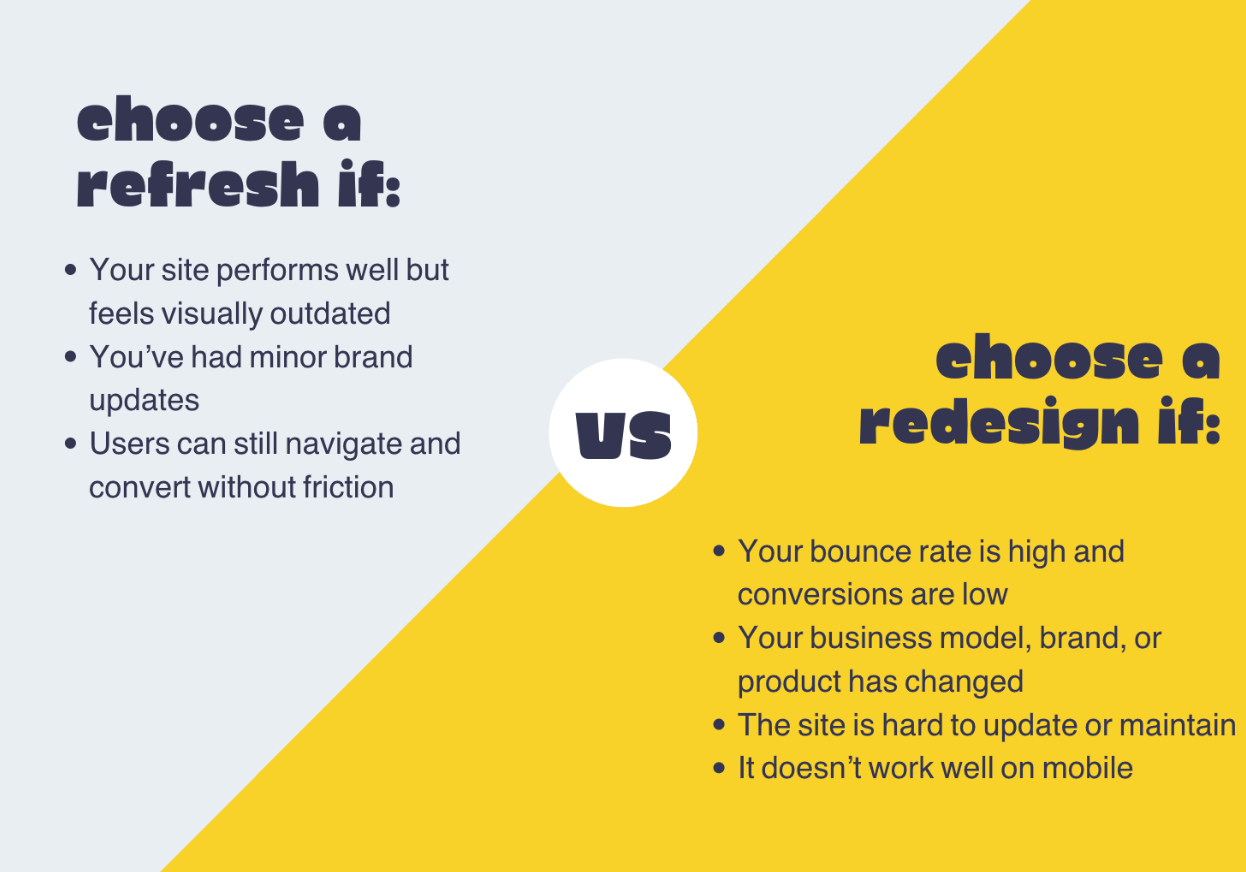7 Tips for Creating Relevant Content
Relevance is one of the vital things your brand should be striving to achieve. However, it’s not easy to get it. Marketers spend days (or rather nights) thinking about content on their site and finding ways to improve it. And still, all that thinking might not get you anywhere. Even if you come up with the fanciest article of all time, it won’t bring you much if your audience doesn’t like it. Hence, you need to write with your readers in mind and provide them with something they want to see. It may sound scary now, but it’ll be a breeze if you read and follow the tips for creating relevant content we prepared.
But before we start, we want to break a myth. Relevance has nothing to do with style or flair, and it’s not something you either have or don’t have. You just need to understand it , and you won’t have any trouble keeping it up. And once you manage to get it right, you’ll boost your brand awareness , more people will visit your site, and your rank will go up.
Sounds good? Here are the seven things you should focus on.
1. Create Your Buyer Persona
No matter how good your content might be, it can’t be relevant to everyone. As a matter of fact, your relevance depends entirely on your audience . If you deliver what your readers are looking for — you’re relevant. It’s as simple as that.
However, if you don’t think about who you’re writing for, you can’t make something valuable. So, the first thing you should do is create a buyer persona . It will help you understand your site visitors and figure out what matters to them.
Try to go into detail as much as possible and leave nothing to the case. Get to the bottom of who’s buying your product, and create a profile of your ideal customer. You want to list what they do for a living, how much they’re earning, how old they are, and anything else you think could be significant. The better you understand your buyers (or readers), the easier it will be to enter their world.

If you know who your ideal customers are, it won’t be hard to create content for them.
2. Think About User Intent
Our next tip comes right from the experts behind moversdev.com , and it’s an SEO one. According to them, user intent is the driving force behind your whole SEO strategy . And it makes sense as, without it, you can’t come up with a list of keywords as you won’t know what your users want to do.
Luckily, there are only three possible types of user intent:
- Do something – ”Buy a speaker system online”.
- Learn something – ”Speaker system reviews”.
- Go somewhere – ”Speaker system manufacturer website”.
Find out what your customers want to do online, and keep that in mind when developing your keywords.
3. Create a Keyword List
Once you know the intent, you can start crafting your keywords. These are vital as they are essentially queries that you’re expecting your users to type in to find your content . So, try to get to them quickly and don’t overthink them. Put yourself in your customers’ shoes, and think about what words they would use to find your article.
If you get stuck, remember that SEO is all about user experience. Thus, try to make things easy for your visitors. On top of that, always use long-tail keywords , as it’ll be much easier to rank for those. Broad keywords are reserved for big companies like Amazon or Apple, as they already have heaps of authority and relevance.
4. Use All You Have in Your SEO
Now that you have your keywords all written down, it’s time to put them to use. So, the next of our tips for creating relevant content will focus on the right way of doing SEO.
Simply put, each page on your website should be targeting a specific keyword . Naturally, you’ll use your most important keywords on your homepage, and the supporting key phrases will be on supporting pages. On top of that, use variations of your main page keyword in page title, headers, content, and image alt tags.
Don’t fool yourself into thinking you can skip SEO and still become relevant. These two things go hand in hand , and SEO is one of the elements you must use to create an amazing website . So, there’s no way around it.
Taking care of SEO is one of the vital tips for creating relevant content.

5. Solve a Problem
Think about what kind of content you should create to make your users want to read it. In the ideal scenario, they’ll click on it as soon as they see the headline , and the easiest way for you to get there is by solving a problem they have.
So, discover something troubling your target audience and find a solution for it. As a matter of fact, your whole content marketing strategy should conceive of assessing users’ needs and offering solutions . Do that, and your content will be relevant.
And of course, the more problems you can solve, the more authoritative you’ll become . People will start trusting you much more, and after some time, you’ll dominate the SERPs in your niche.
6. Be on Time
You probably have realized by now that relevance isn’t in a 2D space. On the contrary, it depends on what your customers want to see and when they want to see it . Hence, you must pay attention to staying on time with current events in your industry and your niche.
That said, you shouldn’t dedicate all of your time to following the news and keeping up with trends. Instead, you should also write some evergreen-style content . When you can’t be timely, be timeless.
7. Make Your Content as Long as It Needs to Be
When you were writing your website’s brief , you set down goals for it. And if one of those goals was to be relevant, you can’t afford to be worried about the word count of your articles . You’re solving a problem here, so take as much space as you need to do it properly.
Keep in mind that although it would be beneficial to your SEO, we’re not saying that each of your posts should be longer than 2,000 words. Sure, Google likes long-form content, but your customers might not, and you’re here for them .
So, if you think you got your message and point across with 300 words, don’t feel obligated to write 700 more. And if you’re not sure about it, feel free to ask your readers . They’ll be happy to tell you how you can improve.
Don’t think about word count when writing your content.

Conclusion
As you can see from the tips for creating relevant content , it isn’t all about being a great writer. It’s about knowing how and when to act, as well. Keep your readers’ wants and needs in mind at all times, leverage your SEO, and create content that will help your audience. If you can tick all of those boxes, you’ll become and stay relevant without any issues.
The post 7 Tips for Creating Relevant Content appeared first on Olive Street Design.



















